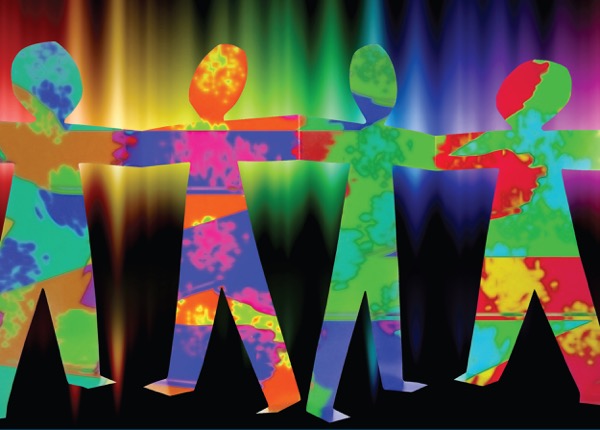Scope
The scope of the Collaboration’s work includes all stages of cancer, from prevention through to treatment, living with cancer and palliation and end of life care. Nutrition is important both in prevention and the management of cancer. We also include all types and sites of cancer.
Our definition of nutrition Nutrition is the set of integrated processes by which cells, tissues, organs and the whole body acquire the energy and nutrients for normal structure and function, which is achieved at body level through dietary supply, and the capacity of the body to transform the substrates and cofactors necessary for metabolism. All of these domains (diet, metabolic capacity, body composition and level of demand for energy and nutrients) are influenced by levels of physical activity and can vary according to different physiological and pathological or disease states.
For prevention, there is a robust evidence base driven by high quality epidemiological and systematic reviews and the public has access to reliable sources of information (e.g. WCRF, CRUK) on the links between nutrition and risk of cancer. However, there is a need to strengthen the evidence for underpinning mechanisms so that firm causal inferences that support recommendations and policy actions can be made. Note that policy is outside the scope of this Collaboration.
The evidence for nutritional interventions in people with a diagnosis of cancer is less robust. Relatively little attention has been paid to identifying how best to characterise nutrition state and what nutritional interventions improve outcomes (from quality of life to recurrence and mortality) in cancer patients. Patients identify nutrition as a major concern, and clinicians recognise the lack of sound evidence on which to base their advice and care. There is no quality assured source of information for patients or clinicians to go to for such information.
In the first instance therefore the initial focus of the Collaboration is on nutrition in patients already diagnosed with cancer, where the greatest unmet need is.

